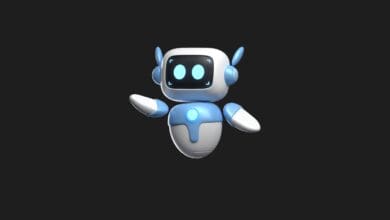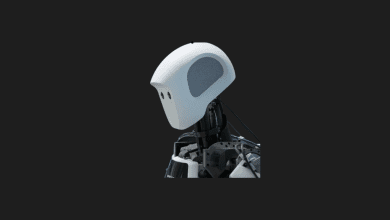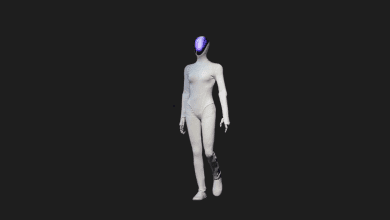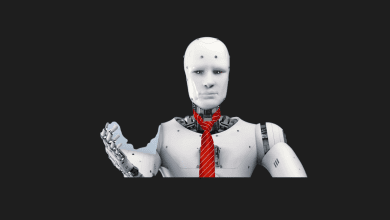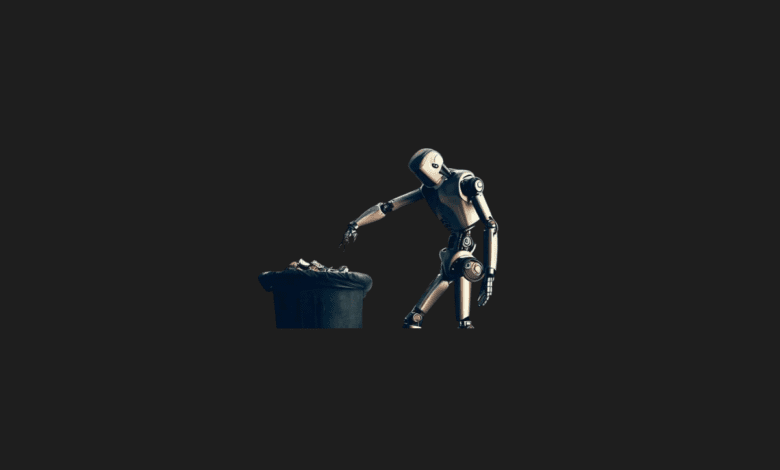
The potential impact of Artificial Intelligence (AI) on the job market is a subject of significant debate and research. It is evident that AI will alter the landscape of many professions, but whether this will result in a net loss or gain in jobs remains uncertain. Here is what is understood:
Jobs at Risk

- Routine and Repetitive Tasks: Jobs that involve routine, repetitive tasks are the most vulnerable to automation. For instance, roles in manufacturing, data entry, and basic customer service can be easily replaced with AI and automation technologies.
- Data Analysis: Jobs that require analyzing large sets of data, such as certain finance or research roles, can benefit from AI that can process and interpret data far faster than humans.
- Transportation: With the rise of self-driving technology, jobs in transportation, like trucking or taxi services, could be impacted.
Job Creation and Transformation
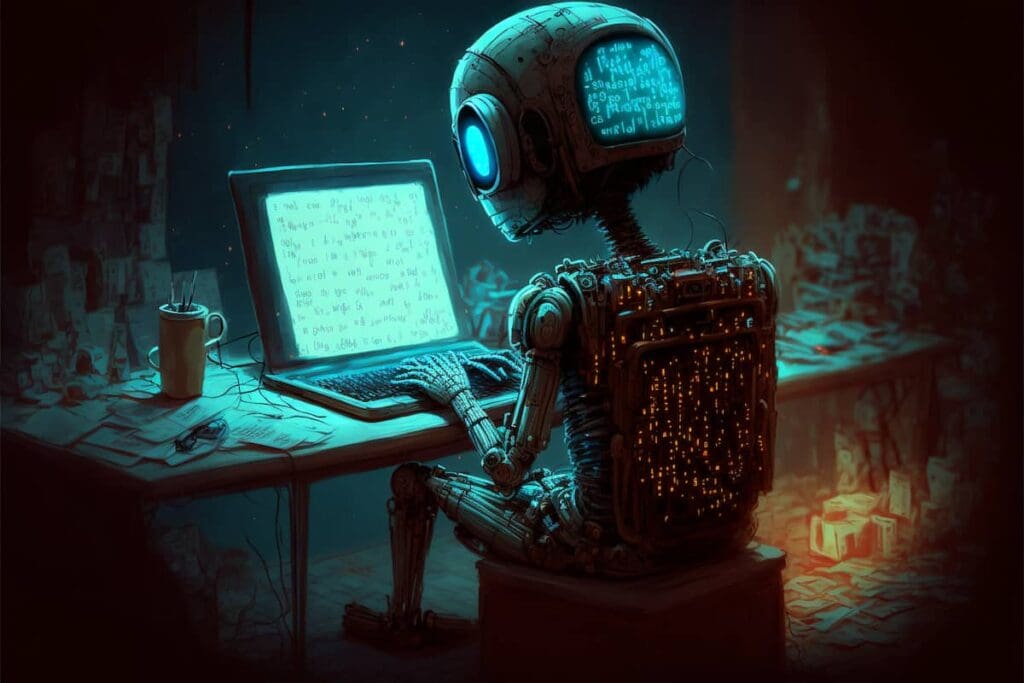
- New Roles: Just as past technological revolutions (like the industrial revolution) created new kinds of jobs, AI will also lead to the emergence of roles we haven’t yet imagined.
- Augmentation of Existing Jobs: Many professions will incorporate AI as a tool to enhance human capabilities rather than replace them. For example, doctors might use AI for more accurate diagnoses but will still be essential for patient care.
- Demand for Skilled Workers: There will be an increased demand for workers skilled in AI, machine learning, robotics, and related fields.
- Job Transformation: Instead of complete elimination, some jobs will undergo transformation, where the role and tasks evolve due to AI integration.
Broader Economic Considerations
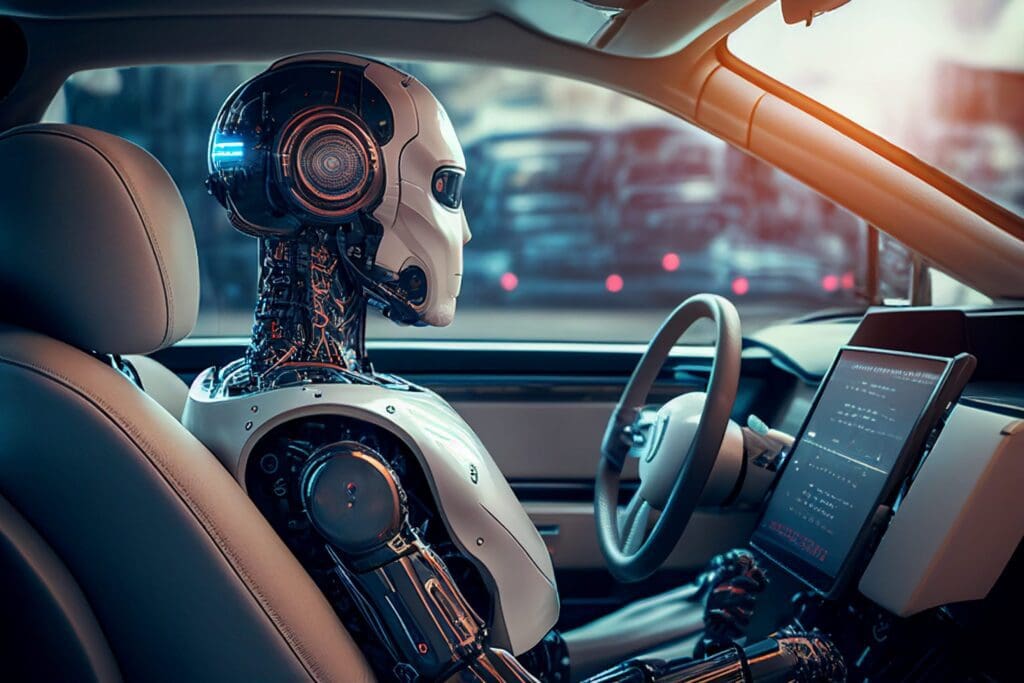
- Increased Productivity: AI can lead to increased productivity and economic growth, potentially leading to the creation of more jobs in various sectors.
- Economic Disparity: There’s a concern that while AI can lead to overall economic growth, the benefits might not be distributed equally. Skilled workers and those who can adapt might thrive, while others could face economic hardships.
- Continuous Learning and Training: As the nature of jobs changes, there will be an increased emphasis on reskilling and continuous learning. Workers will need to adapt to new tools and technologies.
Conclusion

While AI will certainly eliminate or transform certain jobs, it will also create new ones. The challenge lies in ensuring that workers are equipped with the skills and education to transition to these new roles and that the economic benefits of AI are distributed broadly across society. Adaptation, education, and proactive policies will be critical in navigating the changing job landscape brought about by AI.



